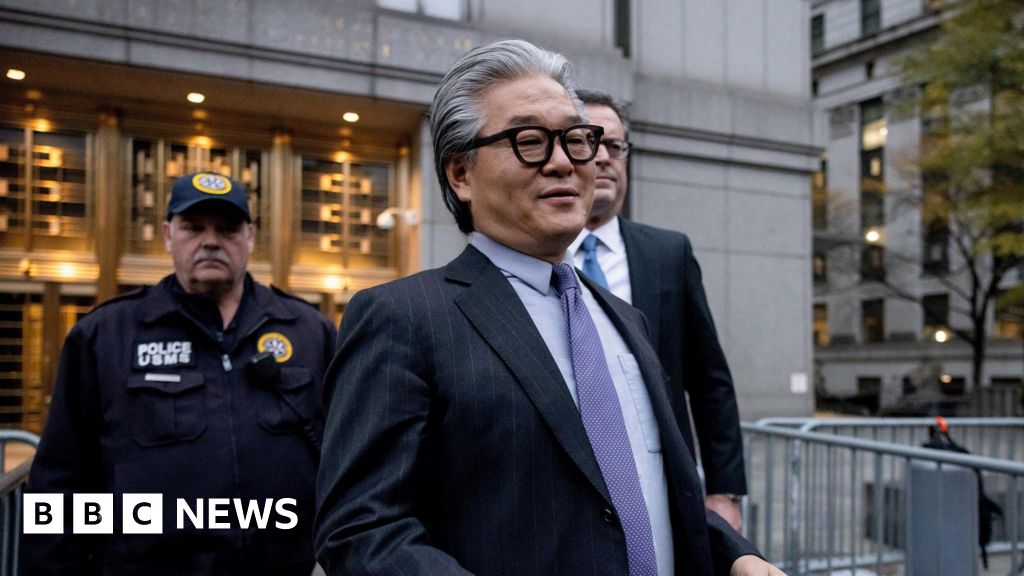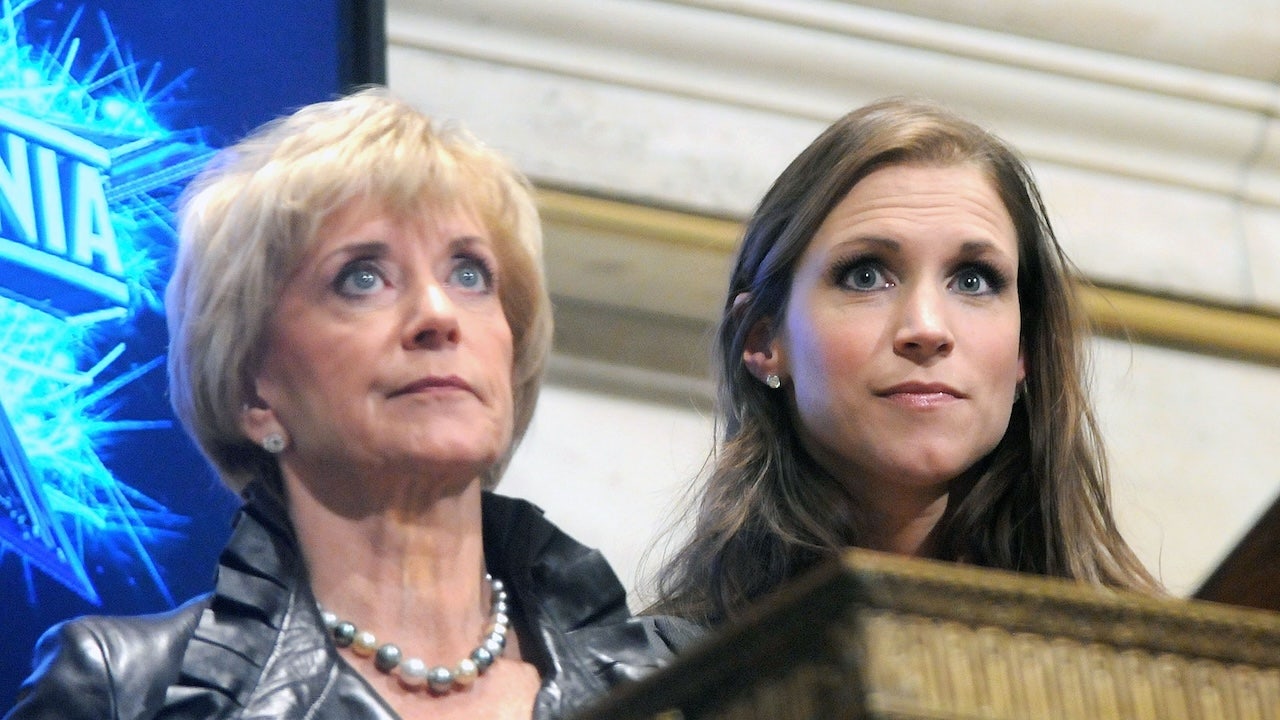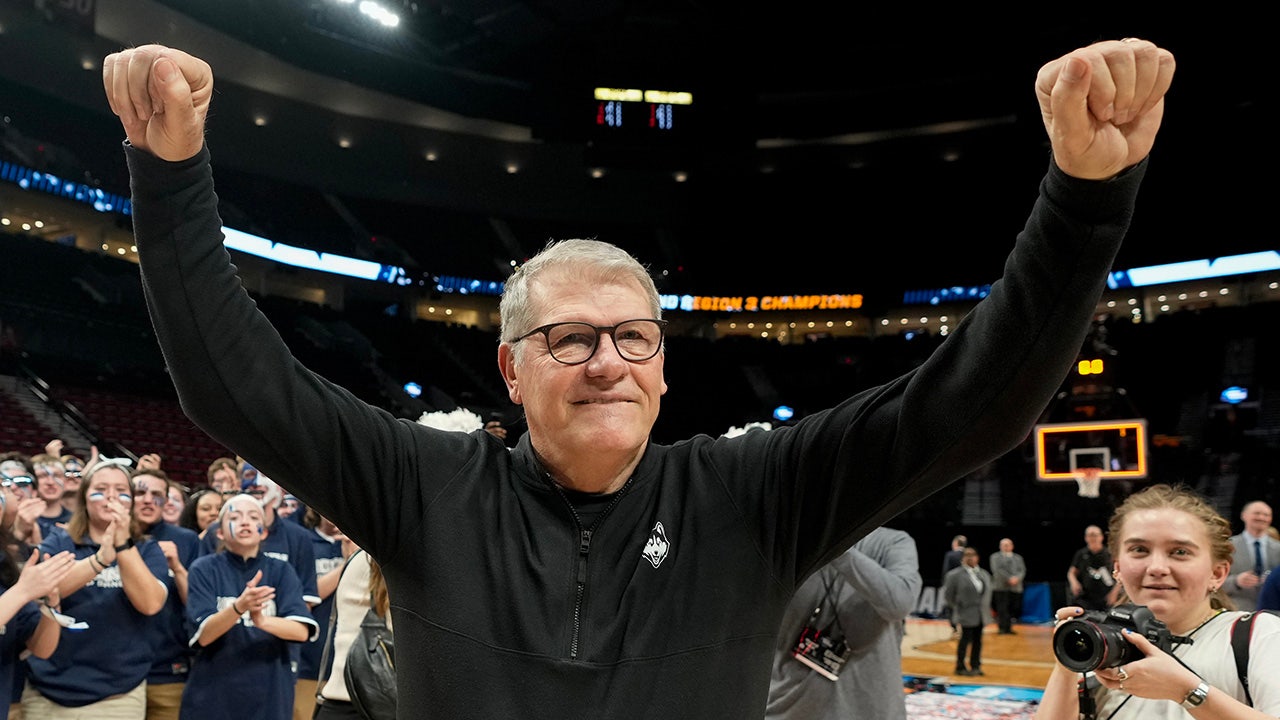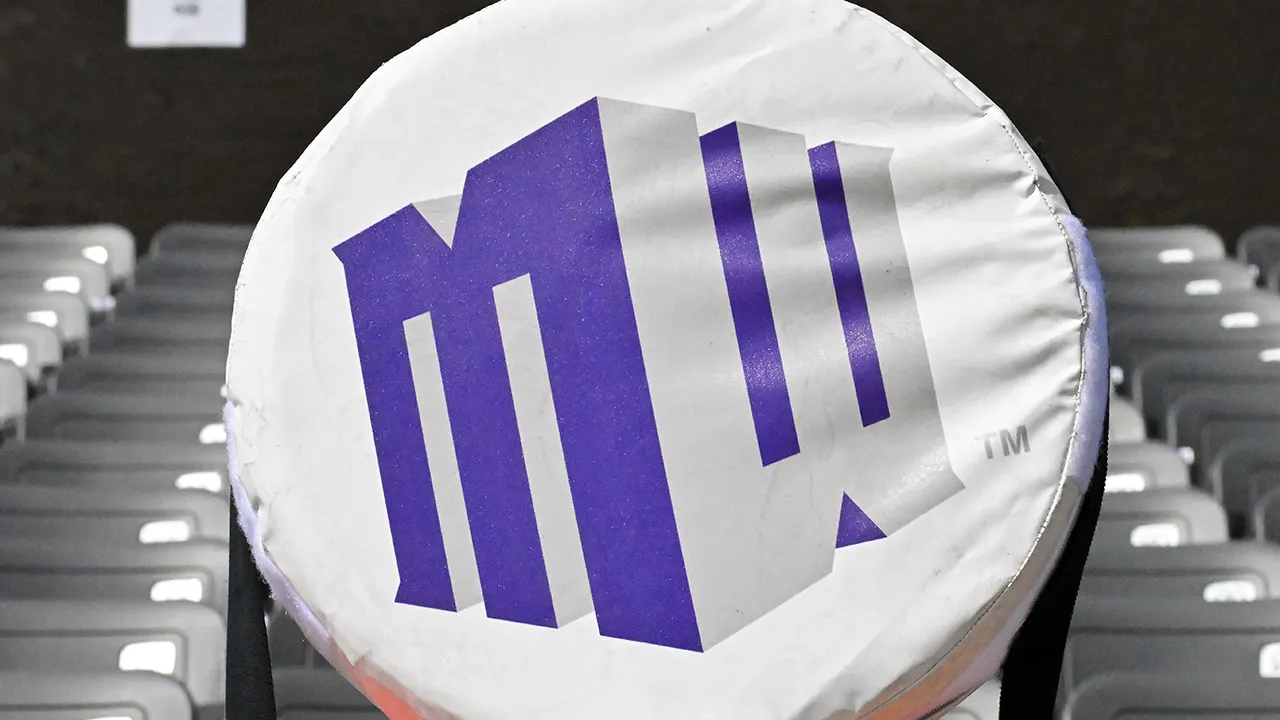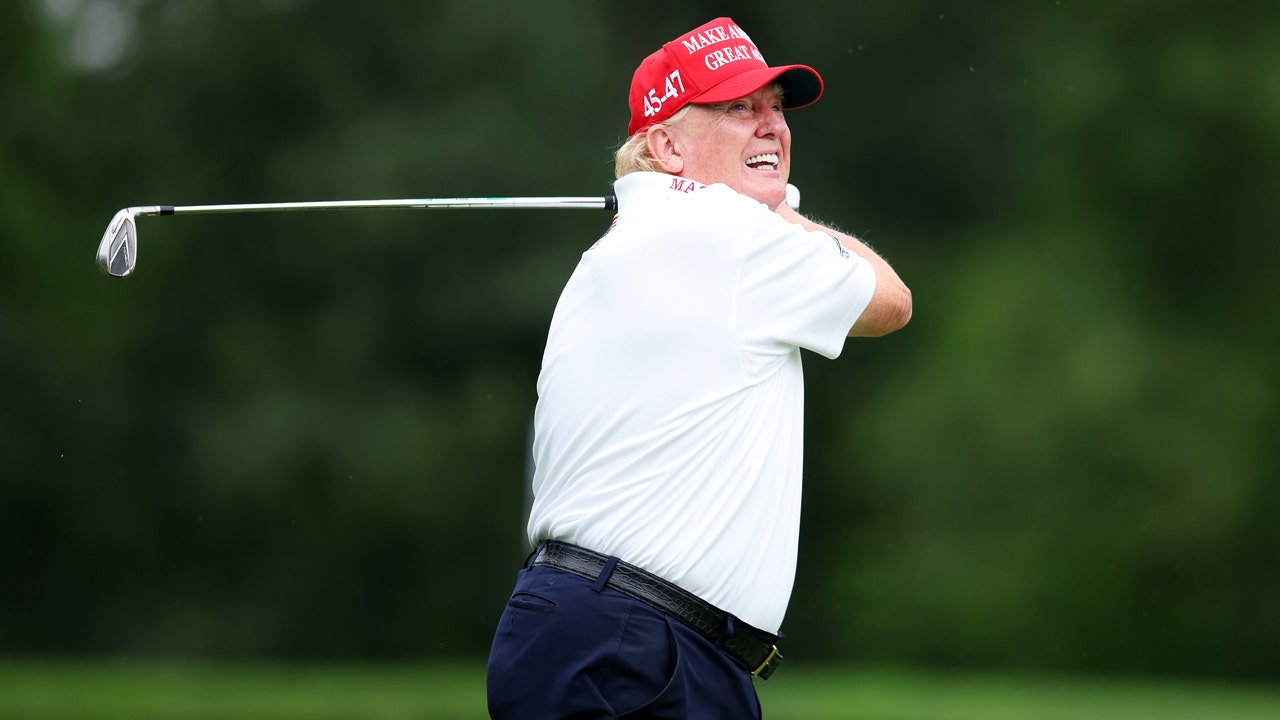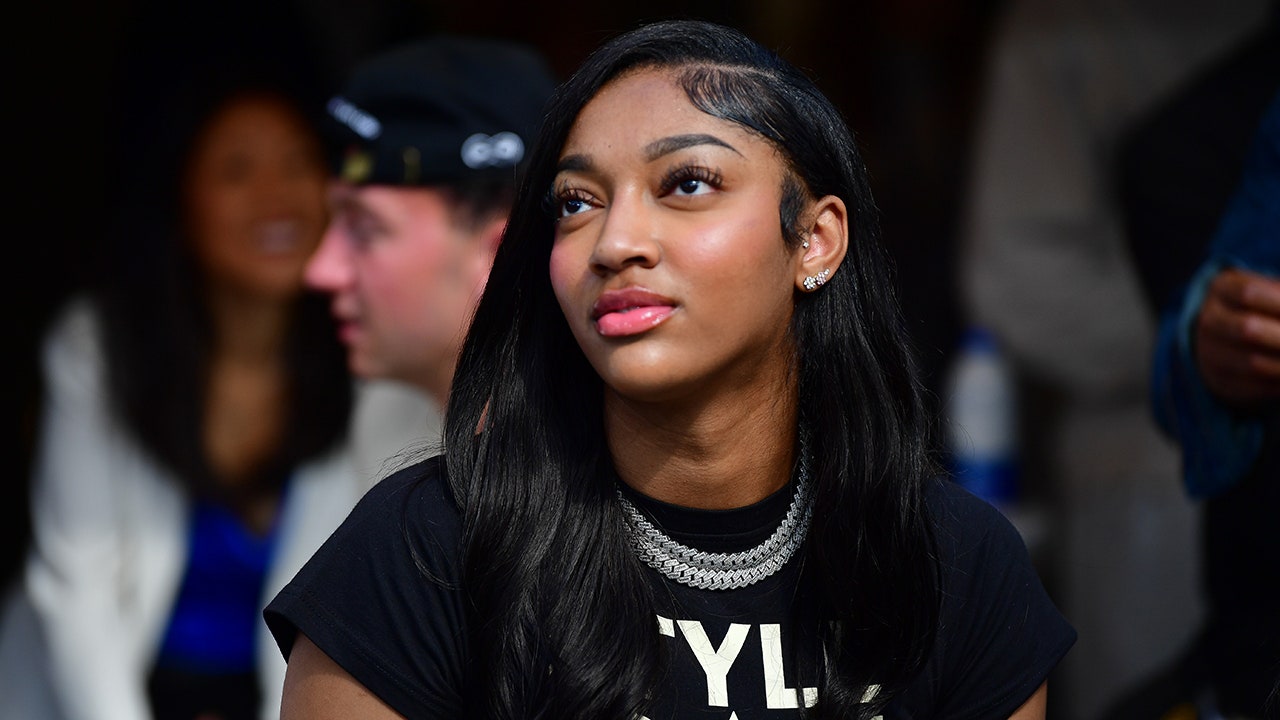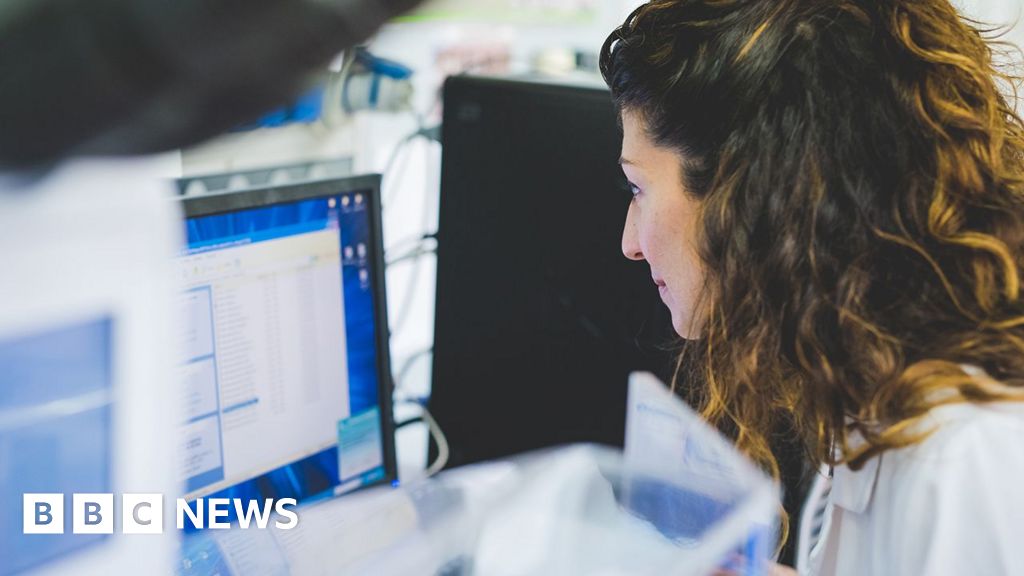Anna Shechtman was 15 when she started building crossword puzzles, and 19 when her first puzzle was published in The New York Times. She later helped to found The New Yorker’s crossword section where, as one of very few female puzzle creators, she has been part of an ongoing effort to diversify the field.
Now 33 and a resident scholar at Cornell, Shechtman has spun her experience and her deep knowledge of puzzles into a book, “The Riddles of the Sphinx: Inheriting the Feminist History of the Crossword Puzzle,” published earlier this month. Part history, part memoir, part feminist reconsideration, it offers a sweeping overview of the American crossword puzzle over the last century, told primarily through the stories of four pioneering women who were integral to its evolution.
A significant portion of the book is also an intimate chronicle of Shechtman’s struggle with anorexia, which began around the same time her interest in puzzles emerged. She sees the two as tightly linked — attempts to “retreat from the hard fact of [my] embodiment into a world of words, into its order and disorder.”
“The Riddles of the Sphinx” poses questions — What kinds of intellectual work is considered worthy of our attention? What boxes have women historically been permitted to fill? — only to consistently invert and twist them. What emerges is a surprising and ambitious investigation of language and the varied ways women resist the paradoxes of patriarchy both on and off the page.
In an interview that has been edited and condensed for clarity, Shechtman discussed her investigation of this legacy and the revelations, both personal and political, that came from finding her place within it.
Crossword puzzles seem to be having a moment. Why do you think that is?
Margaret Farrar — the first crossword puzzle editor of The Times and a totally fascinating woman, whom I describe in the book — used to say, “you can’t think of your troubles while solving a crossword.”
I think that was really borne out during the pandemic, when a lot of people turned to puzzles to distract themselves from otherwise very anxious thoughts. There was a huge explosion in traffic to crossword puzzles during those years, and I think that trend has continued. There are so many things to worry about these days, and I do think people need a little relief.
You write a lot about Farrar and other early women pioneers of the puzzle. As a woman in the puzzle world yourself, did you feel a kinship with them?
For a long time, I felt like an outlier. The modern puzzle community is incredibly male dominated, and yet I knew there was a long tradition of women who had innovated the original form. I wanted to better understand that history and my position within it. And as I started to research these women — Farrar and Ruth Hale and Julia Penelope and Ruth von Phul — I found that basically all of them were these smart, forceful people who really saw their work as part of a larger political project.
Many of them used their mastery of the formal components of language, and the status it gave them, as a way to assert their professional and political ambition and to gain control over a culture that was not properly their own or not made for them. And I began to recognize that I was actually inheriting this very particular political lineage. These were women who had tried to puzzle their way out of the various constraints they felt on their own ambition and intelligence in American culture.
I’m curious about your choice to integrate your eating disorder into the book. Can you talk a little bit about that?
This is a strange book, I will confess. It’s personal and panoramic and historical and also a little bit theoretical. But a big motivating curiosity behind it was the desire to investigate this facet of my personal biography: around the time that I started writing crossword puzzles, I also stopped eating.
I think for me, both anorexia and puzzling were bound up in ideas about goodness and perfection and intelligence. I got into puzzles as a way to cope with a sort of wayward sense of self as a teenager. I wanted to have something stabilizing to my identity. Crosswords and anorexia both did that for me.
One of the things I found compelling and surprising about the book is how seriously it takes the crossword as a literary form. Did you struggle with that at all?
This is one of the central paradoxes that I explore in the book. On the one hand, the crossword is trivial. It’s literally a game. But, on the other hand, it also has a weighty cultural capital. It’s a place where the language is being forged and tested. It’s a way to patrol the borders of common knowledge. What is “puzzle-worthy” — what words, names and phrases are determined to be relevant or well known enough to include in a puzzle — is ultimately a question of what should be known.
The crossword has generally been dominated by male constructors. Is that changing?
About 10 years ago, I went to the American Crossword Puzzle Tournament. I was Will Shortz’s assistant at the time. I just graduated from college, and I was invited to what was called the Women’s Constructors Breakfast. There were 10 of us in attendance, and it was quite awkward. We were all thinking Really? Is this it?
My understanding is that last year there were more than 40 constructors at that women’s breakfast. That growth is exciting to see. You can feel it in the puzzles themselves, too, which have begun to include a noticeably wider range of references. That said, there’s still a long way to go. Racially, it’s still incredibly homogenous. The puzzle is so white.
To what extent is a constructor’s identity or voice visible in a puzzle?
It’s subtler than it might be in a piece of writing, but, in a good puzzle, the sense of authorship and personality is there. My favorite crosswords are ones that bear the mark of a specific human voice. If I’m solving a Kameron Austin Collins puzzle, I know there are probably going to be a lot of film references because he’s also a film critic. Or if I’m solving a Natan Last puzzle, there are probably going to be a lot of poetry references in it or references to the Democratic Socialists of America.
Personally, my puzzles tend to include things like feminist theory or psychoanalytic theory or pop princesses. I enjoy feeling that kind of mind-meld with a constructor despite the constraints of the puzzle.
Do you think building crossword puzzles has influenced you as a writer?
Yeah, definitely. When you are building a puzzle, it’s like you’re entering the matrix of language. You’re tearing words apart into strings of letters and stripping them bare, then piecing them together until they’re recognizable words again.
Puzzles have been a great entry point for me into unearthing otherwise buried histories or latent connections. I think they help develop an instinct for the multiplicity of language that informs my writing. That’s the crossword seeping in.









